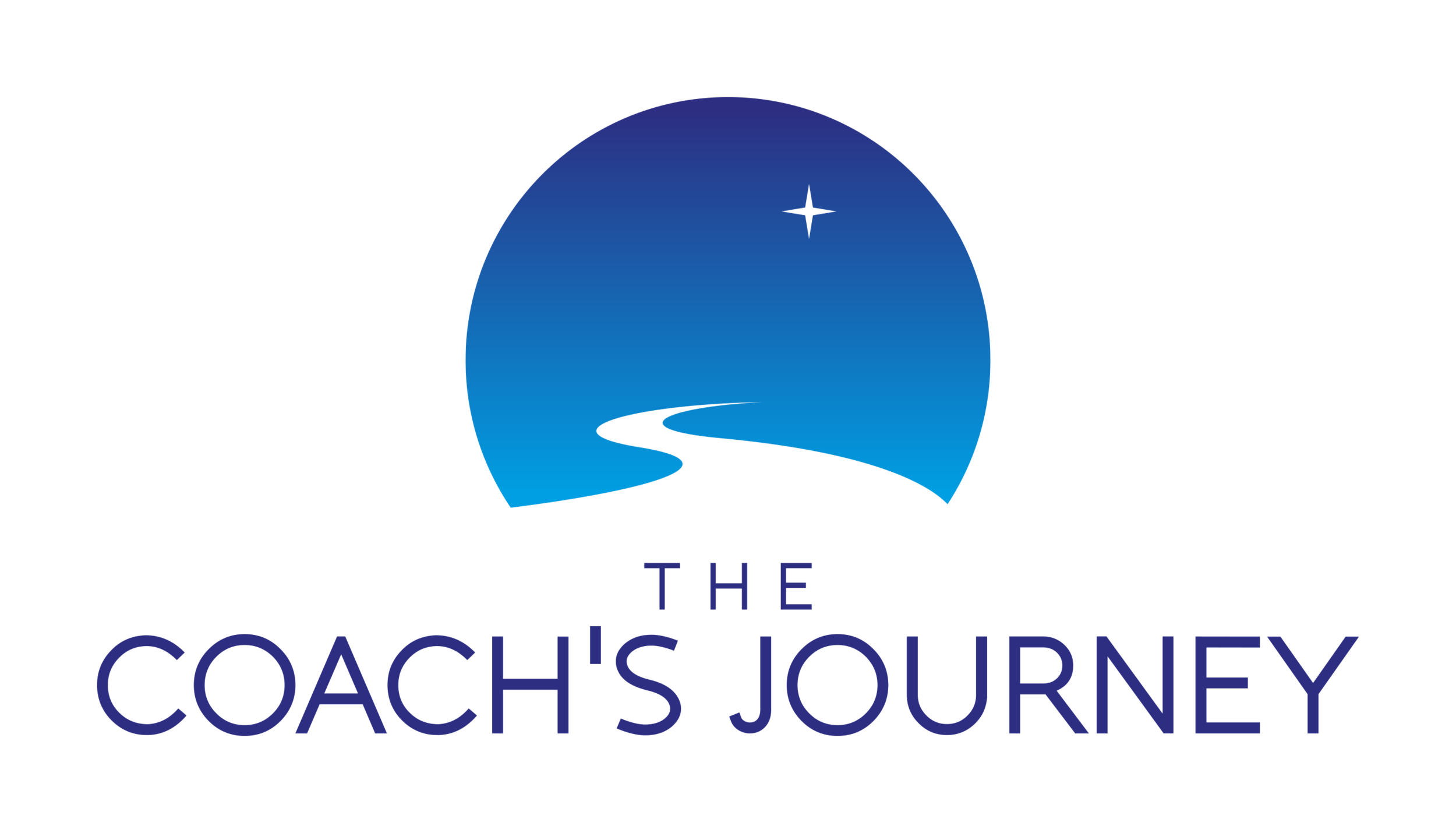Beware the Money Stories Holding You Back
In my community for coaches recently, we had a discussion about money. We explored different ways that our fees affect us and the different choices each coach makes. Two counterpoints were:
I want to charge more,
and
I want my fees to be affordable and accessible.
As I sat after and reflected on this, I was reminded of the Pre/Trans Fallacy. In essence, the Pre/Trans Fallacy is this: confusing two things for the same, even though they may happen before or after some transformation.
In coaching this is relatively common: doing the same things after a coaching session that you might have done before it, but feeling completely different about how and why you are doing the things.
With regards to fees, what came to me is this: to charge someone very little for coaching is perfect, a choice that anyone and everyone is free to make.
But making that choice can come from two very different places, and we should be careful not to confuse them.
It can come from values and integrity. From genuinely wanting to make my work affordable and accessible to people without the means to pay more. From believing that transformation should be available to everyone, regardless of the size of their pay check and the hand of cards life dealt them.
It can come from fear and inadequacy. From being afraid to charge more, from feeling that we aren’t worth more than the £30 we are selling a coaching session for.
It can also come from a sense of genuinely being a beginner to coaching, and not knowing what it's worth. If that's the case, just make sure you set a limit on how many people you charge each fee to be sure you aren't slipping into the second one, above. £30 is what I charged my first four clients for coaching. But not the fifth.
Recently, I have charged people similar amounts. And less. And nothing.
But it’s not that nothing has changed.
If we run a service business, our fees feel like they are about our sense of self. And, strangely, because we think that, they become about our sense of self. That’s what’s strange about our sense of self.
That’s why I think everyone should take an assignment similar to the one I offered to one of the coaches in the community: put yourself on a diet, for three months, of never proposing work with someone for less than £1,500 for three months of work. As long as this coach makes some proposals in the next three months, their sense of self will change: their sense of belief will grow.
And in my experience, it doesn’t matter whether people say yes to the £1,500. I remember vividly the first person I made a proposal of £1,000 to. We didn’t work together. But as soon as I’d said the number, something changed. She didn’t laugh at me, or say I must be joking, or any of the other things I might have feared she would say. She thought about it. And I realised I was someone who was worth £1,000.
After three months of £1,500 proposals, that coach will be changed. Their sense of self will be different. They’ll know something. (And they’ll probably have made way more money than if they’d made their standard proposals. Or, possibly, they’ll have earned no money at all.)
If, after you’ve done something like that, you want to charge someone £30, then that’s perfect.
But if it’s unimaginable to make proposals at higher rates, that’s different. And don't kid yourself about this.
Making bigger and bigger proposals in my business changed everything. It changed how the finances of my business worked (it meant they added up), and it changed how I thought about myself: gradually I began to really see, believe and feel that my coaching was worth a lot. It’s not a great idea to base your sense of self on what people are willing to pay, but it is a good idea to stop believing the fear in your mind that says your coaching – and therefore you – are worth nothing. And one way to change that is to make some proposals that the fear in your mind says are ridiculous, and get some evidence to the contrary.
We all have some ideas about money. Here are some that helped me shift things:
Money is a measurement. It’s like feet, inches, grams or mililitres. No more, no less. Some people say it’s measuring value, others say other things.
This means money isn't a good thing or an evil thing, it's just a measurement and a tool.
Making money doesn't make you or me a good person or an evil person. It’s just a thing that happens to you somewhat more or somewhat less.
It’s possible to see money as something that is totally outside of our control, granted only in incremental pay rises or job changes.
One of the truly amazing things about having your own business is to begin to see that money is something you can create. That it doesn’t have to be linear.
That one day you can decide to charge more, and someone can be delighted to pay it, and everyone can be happier AND you can have more money.
Just because you read an article by some guy called Ronnie Swail.
Your money stories are affecting your ability to make money, so it's probably worth reflecting on them and seeing them for what they are.
—
This article was written using the 12-Minute Method: write for twelve minutes, proofread once with tiny edits and then post online.

